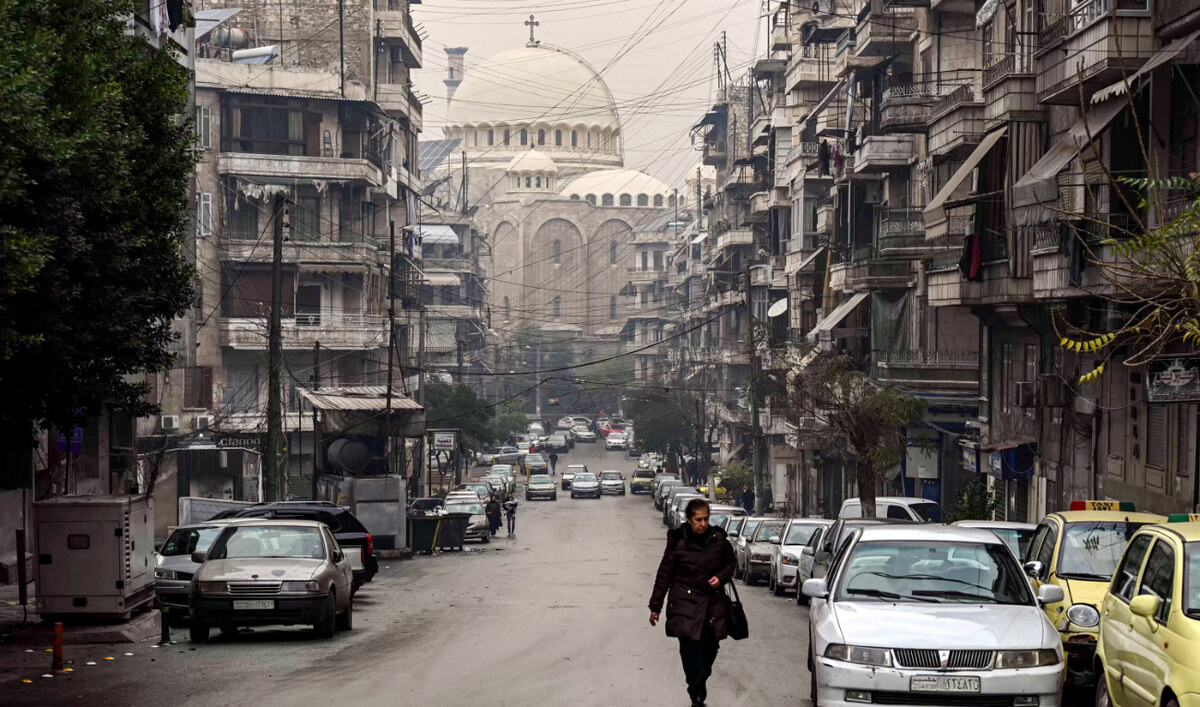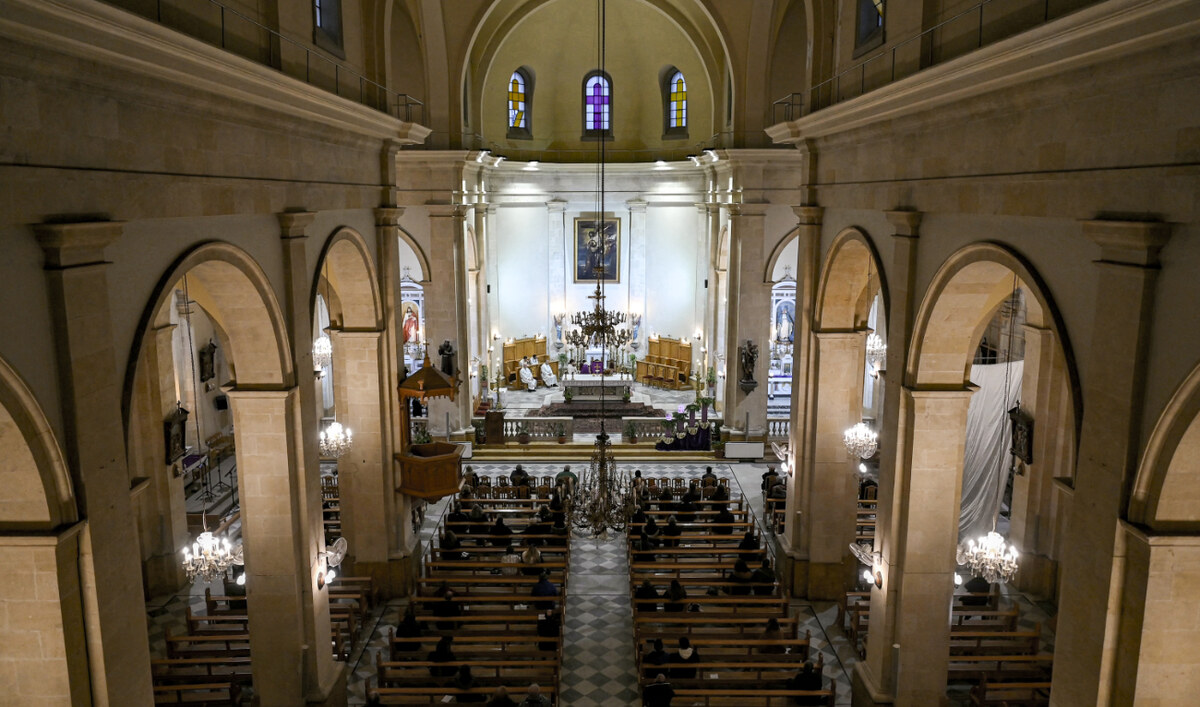DOHA: Israeli Prime Minister Benjamin Netanyahu said on Wednesday total victory in Gaza was within reach, rejecting the latest offer from Hamas for a ceasefire to ensure the return of hostages still held in the besieged enclave.
Netanyahu renewed a pledge to destroy the Palestinian movement, saying there was no alternative for Israel but bringing about the collapse of Hamas.
“The day after is the day after Hamas. All of Hamas,” he told a press conference, insisting that total victory against Hamas was the only solution to the Gaza war.
“Only total victory will allow us to restore security in Israel, both in the north and in the south.”
A senior Hamas official, Sami Abu Zuhri, described Netanyahu’s remarks as “political bravado” that showed the Israeli leader’s intention to continue conflict in the region.
Another Hamas official, Osama Hamdan, said a Hamas delegation led by senior Hamas official Khalil Al-Hayya would travel on Thursday to Cairo to pursue ceasefire talks with mediators Egypt and Qatar.
Hamas had proposed a Gaza ceasefire of four-and-a-half months, during which all hostages would go free, Israel would withdraw its troops from the Gaza Strip and an agreement would be reached on an end to the war.
The Hamas offer, the contents of which were first reported by Reuters, was a response to an earlier proposal drawn up by US and Israeli spy chiefs and delivered to Hamas last week by Qatari and Egyptian mediators.
US Secretary of State Antony Blinken discussed the offer with Netanyahu after arriving in Israel following talks with the leaders of Qatar and Egypt. Blinken later met Palestinian President Mahmoud Abbas in Ramallah.
Israel began its military offensive after militants from Hamas-ruled Gaza killed 1,200 people and took 253 hostages in southern Israel on Oct. 7. Gaza’s health ministry says at least 27,585 Palestinians have been confirmed killed, with thousands more feared buried under rubble. There has been only one truce so far, lasting just a week at the end of November.
Hamas proposed three-phase truce
Israel had previously said it would not pull its troops out of Gaza or end the war until Hamas was wiped out.
But sources close to the negotiations described Hamas as taking a new approach to its longstanding demand to end the war, proposing this as an issue to be resolved in future talks rather than a condition for the truce.
According to the offer document seen by Reuters and confirmed by sources, during the first 45-day phase all Israeli women hostages, males under 19 and the old and sick would be freed, in exchange for Palestinian women and children held in Israeli jails. Israel would withdraw troops from Gaza’s populated areas.
Implementation of the second phase would not begin until the sides conclude “indirect talks over the requirements needed to end the mutual military operations and return to complete calm.”
The second phase would include the release of remaining male hostages and full Israeli withdrawal from all of Gaza. The remains of the dead would be exchanged during the third phase.
Blinken visit “makes things worse”
Washington has cast the hostage and truce deal as part of plans for a wider resolution of the Middle East conflict, ultimately leading to reconciliation between Israel and Arab neighbors and creation of a Palestinian state. Netanyahu has rejected a Palestinian state, which Saudi Arabia says is a requirement for any deal to normalize relations with Israel.
The diplomacy comes as Israel is trying to capture the main city in Gaza’s south, Khan Younis. Last week, Israel said it plans to storm Rafah, a move UN Secretary-General Antonio Guterres said on Wednesday would “exponentially increase what is already a humanitarian nightmare with untold regional consequences.”
The Israeli military said it had killed dozens of militants in fighting over the past 24 hours. It has made similar claims throughout the fighting in Khan Younis, which could not be independently verified.
In Rafah, on Gaza’s southern edge where half of the enclave’s 2.3 million people are penned against the border with Egypt, the bodies of 10 people killed by Israeli strikes overnight were laid out in a hospital morgue. At least two of the shrouded bundles were the size of small children. Relatives wept beside the dead.
Palestinian health officials say an Israeli air strike killed another three people in a house in Rafah on Wednesday. The officials added that a senior Palestinian police officer and Hamas member, Majdi Abdel-Al, was killed in an Israeli air strike on a car that was tasked to secure aid trucks in Rafah.
“Every visit from Blinken, instead of calming things down, it just makes things worse, we get more strikes, we get more bombing,” said mourner Mohammad Abundi.

























